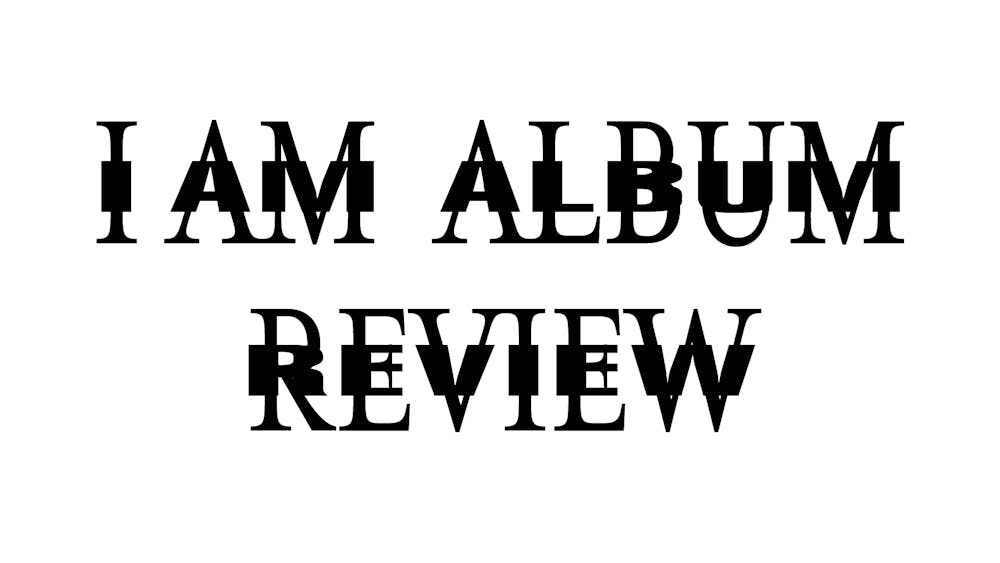On March 14, Playboi Carti released his long–awaited third studio album, MUSIC. The record followed his 2020 album, Whole Lotta Red, plus five long years of teasing fans with a plethora of other projects. The 30–track album sees Carti continue in experimenting with his sound and lyricism, moving away from the vampy production and baby voice seen across Whole Lotta Red and instead opting for lower–pitched, Future–esque vocals.
The album rollout for MUSIC was nothing short of confusing and, at some points, extremely bleak. After hinting at a deluxe version of Whole Lotta Red, teasing an album called NARCISSIST, and announcing his Antagonist tour—all of which never happened—Carti officially began to promote MUSIC. Throughout December 2023 and March 2024, the singer would drop singles on his Instagram, three of which—“K POP,” “EVIL J0RDAN,” and “HBA”—made the final cut. Four additional tracks, also teased on Instagram and YouTube, were featured on the deluxe version around a week later. After a failed campaign involving the Brooklyn Nets, Orlando Magic, and Atlanta Hawks in September 2024, alongside a collection of New York Spotify billboards the following February, the album finally had a release date: March 14 at 12 a.m. EST (although ultimately released at 7:30 a.m. later that day).
MUSIC assembled many of the biggest names in rap and R&B to assist across the project. A frequent collaborator of Carti’s, Travis Scott, is featured on four songs in the album. However, his contributions generally could have been done without. While the chemistry between the two is obvious, Scott’s features felt subpar, and for the most part, didn’t offer anything new to listeners. The album also sees Carti reunite with The Weeknd on “RATHER LIE,” a standout track, despite claims that AI was used to create it. With the increasing popularity of AI in music recently, it poses the question: can listeners truly trust or believe in the authenticity of music their favorite artists release? Are these narratives and identities really genuine, or are they simply parts of a persona artificially generated for musicians by external sources?
Arguably the most surprising collaboration on the album was from Kendrick Lamar, on “MOJO JOJO,” “BACKD00R,” and “GOOD CREDIT.” Despite his typical sound being relatively different from Carti’s, Lamar adapted to the identity of each song, opting for a lighthearted, playful tone on “MOJO JOJO” and “GOOD CREDIT” especially, a far cry from the seriousness of his own work.
However, the record’s star collaborator would have to be Swamp Izzo, an Atlanta DJ who’s worked with artists like Future and Young Thug, both of whom are also featured. Izzo, whose ad libs are peppered throughout more than half of the album, helps immerse listeners in a sound reminiscent of 2000s and early–2010s rap mixtapes, an obvious inspiration for Carti in the making of the album.
Listeners see Carti experiment to the fullest with “OPM BABI,” named after producer opiumbaby, the cofounder and creative director of his record label, Opium. The song, a mix of gunshot sound effects and baby voice Carti, could be described as two minutes of word vomit, but it works in a way that is unexpected for the rapper. “OPM BABI” could be seen as Carti’s way of further differentiating himself from his contemporaries in the rap field.
But one influence that is made abundantly clear throughout the album is Lil Wayne, whose distinctive style is felt in the record’s image and lyrical content. The bold “I AM MUSIC,” on the cover art is the title of Wayne’s greatest hits album released in 2023 and is tattooed above his forehead. The song “LIKE WEEZY” only makes this connection even more apparent. In it, Carti raps with a similar cadence to Wayne, even going so far as to mention him in the opening line of the song: “two–tone, yeah, Apeezy, lookin’ like Weezy”. In addition to this, Carti pays homage to Wayne by interpolating his 2011 track, “John,” on “RADAR,” and his 2014 song “Red Rum,” on “BACKD00R.”
Could one make the argument that MUSIC comes across as a hodge–podge, quickly thrown together, compilation of the music Carti’s worked on over the past five years of his career? Yes. In many ways, it’s an accurate description. But for all its disjunction, at its core, MUSIC reads as a love letter to Atlanta and the hip–hop culture that stems from the city. Through the inclusion of beloved Atlanta rappers Future and Young Thug on the album, as well as sampling and interpolating “Bend Over” by Atlanta rap group The Rich Kidz, Carti pays homage to his hometown and its influence in contemporary music. This message is realized on the album’s closing track, “SOUTH ATLANTA BABY.” Across the two–minute song, Carti raps about his upbringing in the city, referring to himself as a “southside baby,” while reflecting on his place in the rap industry.
MUSIC, as a whole, is an ambitious effort. Carti is able to appeal to older fans while still providing new material that, in many ways, displays the natural progression of his sound as an artist, drawing on new influences across genres in addition to the sounds of his predecessors. At the same time, the rapper’s recent release is evidence of his own influence. Like many consider Future to be the father of 2010s trap, perhaps Carti has become some kind of tastemaker for the contemporary underground.

